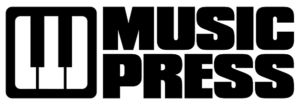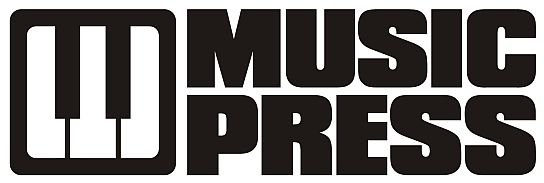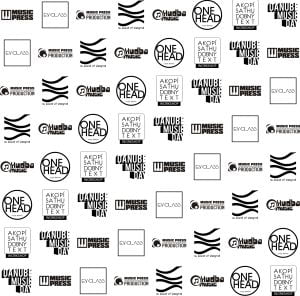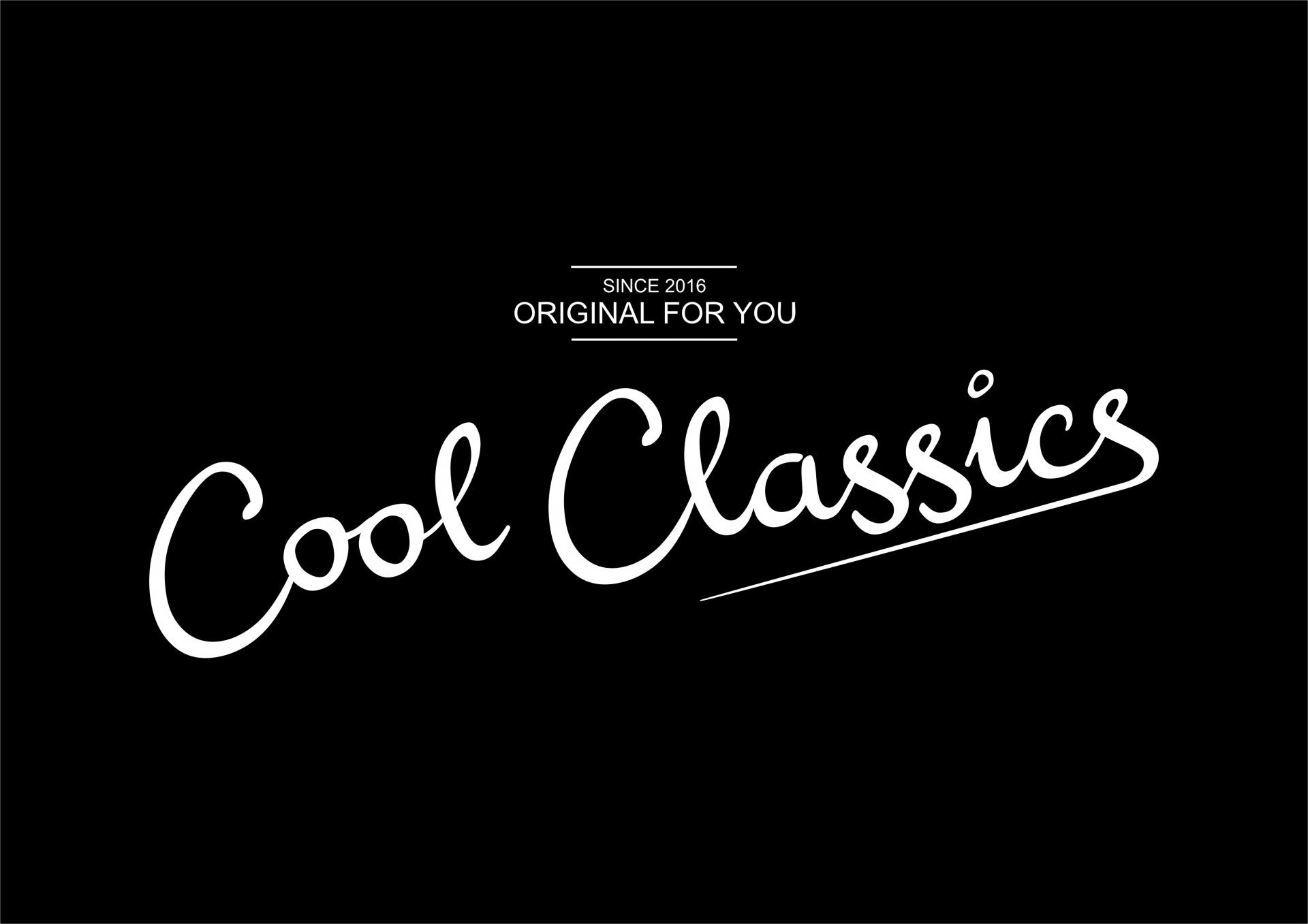 Americký projekt novozélandského hudobníka Ruban Nielsona Unknown Mortal Orchestra zavítal na svoje európske turné (pražský koncert je dnes večer). Pri tejto príležitosti nám Ruban porozprával o svojich súčasných aktivitách, prezradil informácie o novozelandskej scéne a zaspomínal na svoju starú kapelu The Mint Chicks. Ďakujeme agentúre Fource Entertainment za sprostredkovanie rozhovoru.
Americký projekt novozélandského hudobníka Ruban Nielsona Unknown Mortal Orchestra zavítal na svoje európske turné (pražský koncert je dnes večer). Pri tejto príležitosti nám Ruban porozprával o svojich súčasných aktivitách, prezradil informácie o novozelandskej scéne a zaspomínal na svoju starú kapelu The Mint Chicks. Ďakujeme agentúre Fource Entertainment za sprostredkovanie rozhovoru.
You‘ve already managed to record two albums, although the band doesn’t exist for very long. What are your plans for the future of UMO?
Ruban Nielson: „Next year we won’t tour as much so that more time can be spent on the next album. Jake and I have been touring for three years so it’ll be nice to spend some time at home and making a new record.“
Aj, keď kapela funguje naozaj veľmi krátko, podarilo sa vám nahrať už dva albumy. Aké máte plány do budúcnosti?
Ruban Nielson: „Budúci rok neplánujeme toľko cestovať, aby sme mohli stráviť viac času na ďalšom albume. Jake a ja sme boli na turné po dobu troch rokov, takže bude opäť príjemné stráviť nejaký čas doma a pripraviť nahrávku.“
Originally you were in the noise rock group The Mint Chicks together with your brother Kody. Why he is not anymore in the group UMO? Do you collaborate from time to time?
Ruban Nielson: „Kody played drums in the band for a month last year and played a lot of drums on the second album. Part of the reason I left the Mint Chicks was because it was getting harder to be in a band with my brother.“
Pôvodne ste hrali v noise kapele Mint Chicks spolu so svojim bratom Kody. Prečo nepôsobí aj vo formácii UMO? Spolupracujete spolu ešte niekedy?
Ruban Nielson: „Kody hral na bubny v kapele po dobu jedného mesiaca minulý rok a hral veľa bubnových partov na druhom albume. S mojim bratom bolo čoraz ťažšie byť v kapele, čo bol aj dôvod prečo som odišiel z Mint Chicks.“
Was the band UMO the main reason for moving from New Zealand to America?
Ruban Nielson: „UMO happened later. I moved to Portland and was trying to make a new life for myself.“
Bola kapela UMO hlavným dôvodom vášho sťahovania z Nového Zélandu do Ameriky?
Ruban Nielson: „UMO som založil až neskôr. Sťahoval som sa do Portlandu, lebo som chcel začať odznova môj život.“
What are the main differences between musical scenes in New Zeland and America?
Ruban Nielson: „New Zealand is really small and isolated but the US is just huge. Touring the states can take a couple of months. The population is 100 times more. That makes a massive difference on every level„.
Aký je hlavný rozdiel medzi hudobnou scénou na Novom Zélande a Amerikou?
Ruban Nielson: „Nový Zéland je naozaj malá a izolovaná krajina, ale USA je jednoducho obrovská. Koncertné šnúry po Amerike môžu trvať naozaj niekoľko mesiacov. Počet obyvateľov je sto krát väčší. Tento rozdiel cítite na každej úrovni.“
How do you remember working for your debut album? What would you change about it after a certain lapse of time? In what way would you promote it – would you opt for the classic way of having it promoted by publishing house activities or would you do it by yourself?
Ruban Nielson: „I was recording the first album as a hobby. It’s popularity came from word of mouth, basically. I considered just having my music on band camp but I was offered a bunch of things that made the idea of starting a new band sound fun and maybe the best job for me.“
Ako si spomínate na prácu na svojom debutovom albume? Zmenili by ste niečo na ňom teraz, keď už máte od neho istý odstup? Ako ste sa ho rozhodli propagovať, išli ste klasickou cestou promo agentúr, alebo ste si to pripravovali sami?
Ruban Nielson: „Prvý album som nahrával vlastne ako koníček. Jeho popularita sa šírila ústne. Uvažoval som iba spraviť hudbu, ale zároveň som ponúkol viacero podnetov, ktoré otvorili myšlienku na spustenie novej kapely a najlepšiu prácu pre mňa.“
Does your original garage sound inspiration come from the old American proto-punk groups from the 60s or rather from the American grunge from the 90s?
Ruban Nielson: „It comes from a lot different places. Garage and psychedelia from the 60s but also funk and Motown and indie rock from the 90s. Also I’m influenced by punk and kiwi-pop from the 80s.“
Má váš pôvodný garážový zvuk inšpiráciu v starých amerických proto punkových kapiel zo 60. rokov, alebo ste sa inšpirovali americkým grungom 90 rokov?
Ruban Nielson: „Pochádza z dosť odlišných miest. Garážovej hudby a psychadélie zo 60. rokov, ale aj funku a Motown a indie rocku z 90. rokov. Silno je ovplyvnená punkom a kiwi popom z 80. rokov.“
I feel also the British sound of Rolling Stones, Pink Floyd or the Beatles – how did it come about that you chose to mix these kinds of genres together?
Ruban Nielson: „I really just started to play around with a guitar and a tape recorder. Then I started chopping up drum loops on my laptop and recording from the tape recorder into the computer. Those influences came through as I worked. I didn’t plan it like that.“
Veľmi výrazne tam cítiť aj britský zvukový akcent kapiel Rolling Stones, Pink Floyd, alebo Beatles. Ako vás napadlo miešať tieto štýly dohromady?
Ruban Nielson: „Naozaj som práve začal hrať na gitare a magnetofóne. Potom som začal do toho bicie slučky na mojom laptope a nahrávať z diktafónu do počítača. Tieto vplyvy prišli, keď som pracoval. No v pláne som to nemal.“
The main topic of the second album is loneliness and moments on the journey. Has your loneliness been expressed in the album caused by the fact you live far away from your home?
Ruban Nielson: „I think home sickness is something I experience a lot but it’s my own fault because I’m driven to travel and always be moving.“
Hlavnou témou druhého albumu je osamelosť a zachytený moment človeka na cestách. Bola vaša osamelosť vyjadrená aj kvôli tomu, že žijete ďaleko od svojho domova?
Ruban Nielson: „Myslím, že sa mi niekedy cnie za domovom, niekedy to zažívam to áno. Ale je to moja vina, že som stále na cestách a v pohybe.“
In what state is in your opinion current aternative scene? Is it heading towards major experiments or towards simplifying of the melody and adjusting to the radio emission?
Ruban Nielson: „I think there are some good artists and labels. I don’t think of experimentation and simplified melody as being necessarily separate. My favorite music is a combination of both.the Beatles or Bowie or Prince are like that.“
Aký je váš názor na súčasné dianie v alternatívnej scéne. Ide smerom veľkých experimentov, alebo k zjednodušovaniu melódie s nastavením na rádiové požiadavky?
Ruban Nielson: „Myslím si, že tam pôsobí niekoľko dobrých umelcov. No zároveň si nemyslím, že experimentovanie a jednoduchšie melódie sa musia nutne oddeľovať. Moja obľúbená hudba je kombinácia oboch – The Beatles, alebo Bowie či Prince sú presne takí.“
Do you keep watching the noise scene? Do you think you will ever return to it?
Ruban Nielson: „There are a lot less of those bands around at the moment. I don’t really think about it in terms of whether something is noise or whatever though. I just try to make what I think is exciting or beautiful music. I get excited about building oscillators or learning how to record with reel to reel tape or reading as much as I can about Arthur Lee or Prince and let the music take its own direction. For the future I believe I could go in any direction.“
Sledujete ešte niekedy noise scénu? Plánujete sa k nej ešte vrátiť?
Ruban Nielson: „V tomto momente existuje omnoho menej skupín než predtým. Naozaj o tom nepremýšľam či je niečo noise, alebo niečo iné. Len sa snažím, aby to čo si myslím som zachytil do krásnej a vzrušujúcej hudby. Som nadšení z budovania oscilátorov, alebo učenia ako nahrávať na magnetónové pásy, alebo nahrávať rovnako ako Arther Lee alebo Prince a nechať hudbe určiť si svoj vlastný smer. Do budúcnosti verím, že by som mohol ísť v tomto smere.“
| autor. Daniel (za pomoc ďakujeme agentúre Fource Entertainment)








